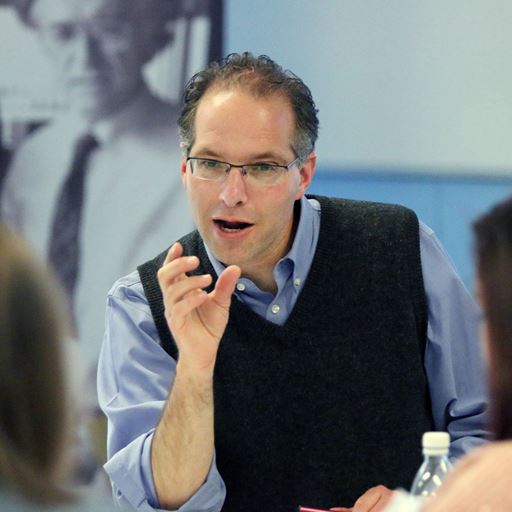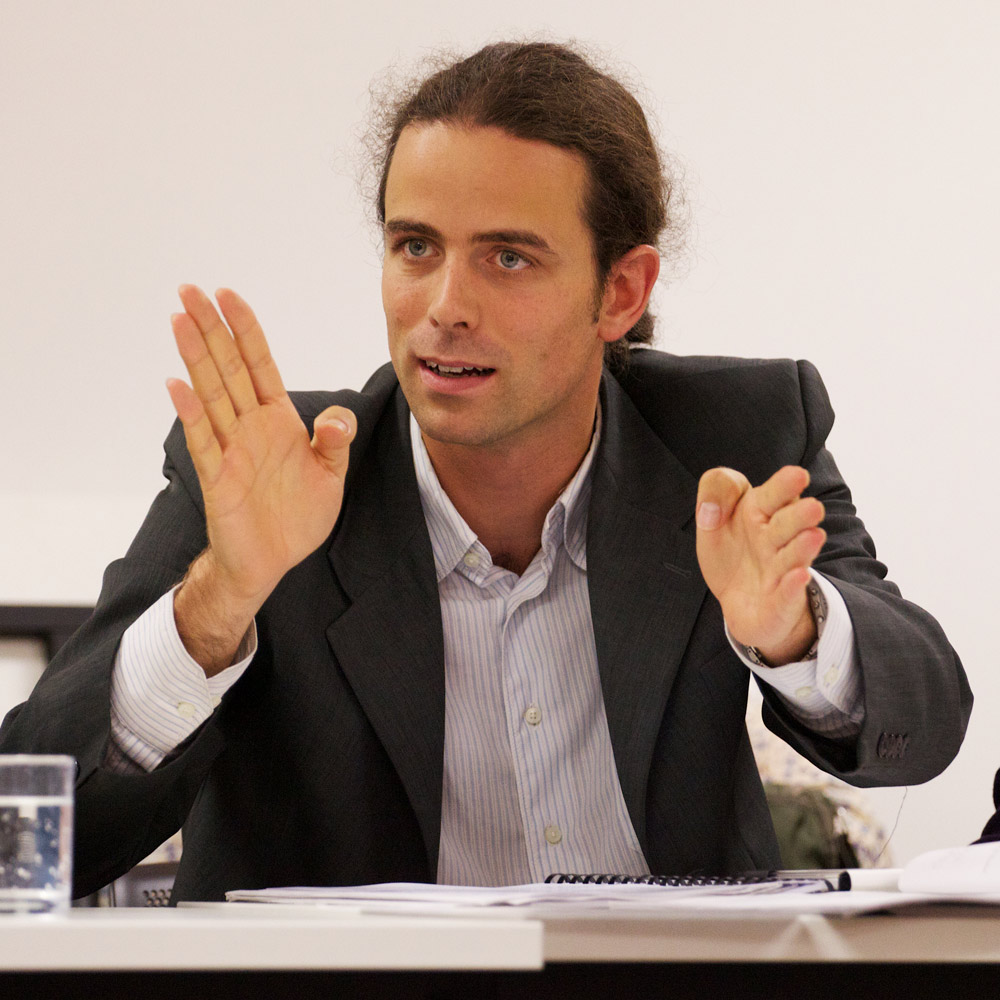Impact: Shaping the global debate on mental health law reform
How the Essex Autonomy Project is influencing policymakers around the world
-
Tagged under
Economy, business, politics and society
Global perspectives and challenges
Human Rights
-
Lead Academics
Professor Wayne Martin
Professor Fabian Freyenhagen

When Professor Wayne Martin attended a meeting in Washington DC he was surprised to meet a group of Peruvian legal experts who were fully aware of the Essex Autonomy Project (EAP) and its work on mental health law.
“They told me case studies developed by the EAP team had been used by the Reform Commission for the Civil Code in Peru,” said Professor Martin. “They had actually translated our reports into Spanish and were using our case studies to ‘stress test’ the statutes they were developing - which have now become law.”
Influence around the world
This is just the latest example of the influence of EAP around the world. The EAP team has found itself providing advice and support to all three of the UK’s three legal jurisdictions – England and Wales, Scotland and Northern Ireland. Official delegations have also travelled to Essex from Japan, Norway and Bulgaria to meet with the EAP team while team members have been invited to many countries including the Republic of Ireland and given evidence to the United Nations.
“We’re finding ourselves shaping the global discussion on mental health reform. There is an international debate happening about law reform and how to achieve compliance with the United Nations Convention on the Rights of People with Disabilities (UNCRPD) and we’re helping people chart a course through the issues they are facing.”
Since 2010, EAP researchers have been using philosophy to understand the complexities of care and the challenges of supporting and preserving autonomy in care contexts. Central to their work has been an investigation into the ideal of self-determination (autonomy) in the context of care: health care, psychiatric care, social care, eldercare.
The ability of the EAP team to unpick the complex legal, moral and ethical points surrounding mental health law and help formulate strategies in law and practice to ensure respect for the human rights of persons in care is proving incredibly valuable social workers, lawyers and frontline health professionals.
Helping the UK think through UNCRPD compliance
In 2014, the UK’s Ministry of Justice (MoJ) asked the EAP team to organise a series of roundtable discussions in Westminster and provided technical research support to the MoJ team as they developed a legal opinion on whether the Mental Capacity Act (2005) of England and Wales complies with the CRPD. This was so successful that Judge Denzil Lush, Senior Judge of the Court of Protection in England and Wales at the time, explicitly endorsed the central findings of the position paper developed from the EAP consultation process.
Then in 2016, this initial work led to the team being asked to survey of progress towards CRPD-compliance across the UK’s three distinct legal jurisdictions - working closely with the Law Society of Scotland, the Mental Health Foundation, civil servants in Northern Ireland, the Official Solicitor in England and Wales, and the Public Guardian in Scotland. Recommendations which emerged were cited in submissions to the UN by the so-called ‘UK Independent Mechanism’ and the EAP team also presented evidence at a special meeting of members of the UN Committee on the Rights of Persons with Disabilities.
In England and Wales, the Law Commission has now produced a report, citing EAP research and making concrete recommendations for amendments to the Mental Capacity Act, while the Law Society of Scotland has endorsed the recommendations of the EAP Three Jurisdictions Report wholesale.
"We’ve brought people around the table people with very differing views and helped bring clarity to the issues and encouraged a consensus to emerge.” Professor Wayne Martin
The work is continuing and now extending into new areas with the annual EAP Summer Schools becoming an important forum for legal, medical and social work professionals to look at, discuss and really think through the challenges they face.
Find out more about the latest Essex Autonomy Project impact.




